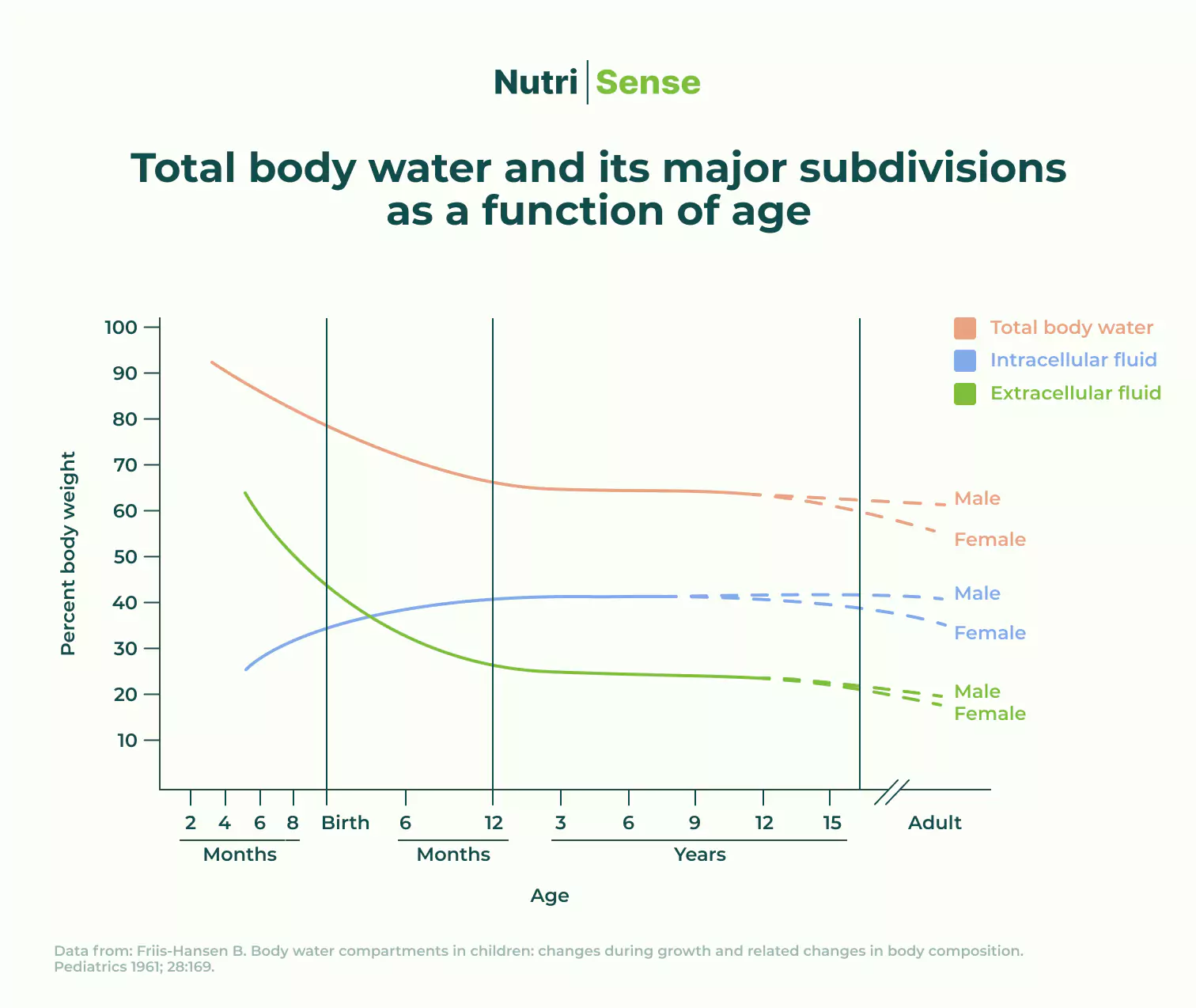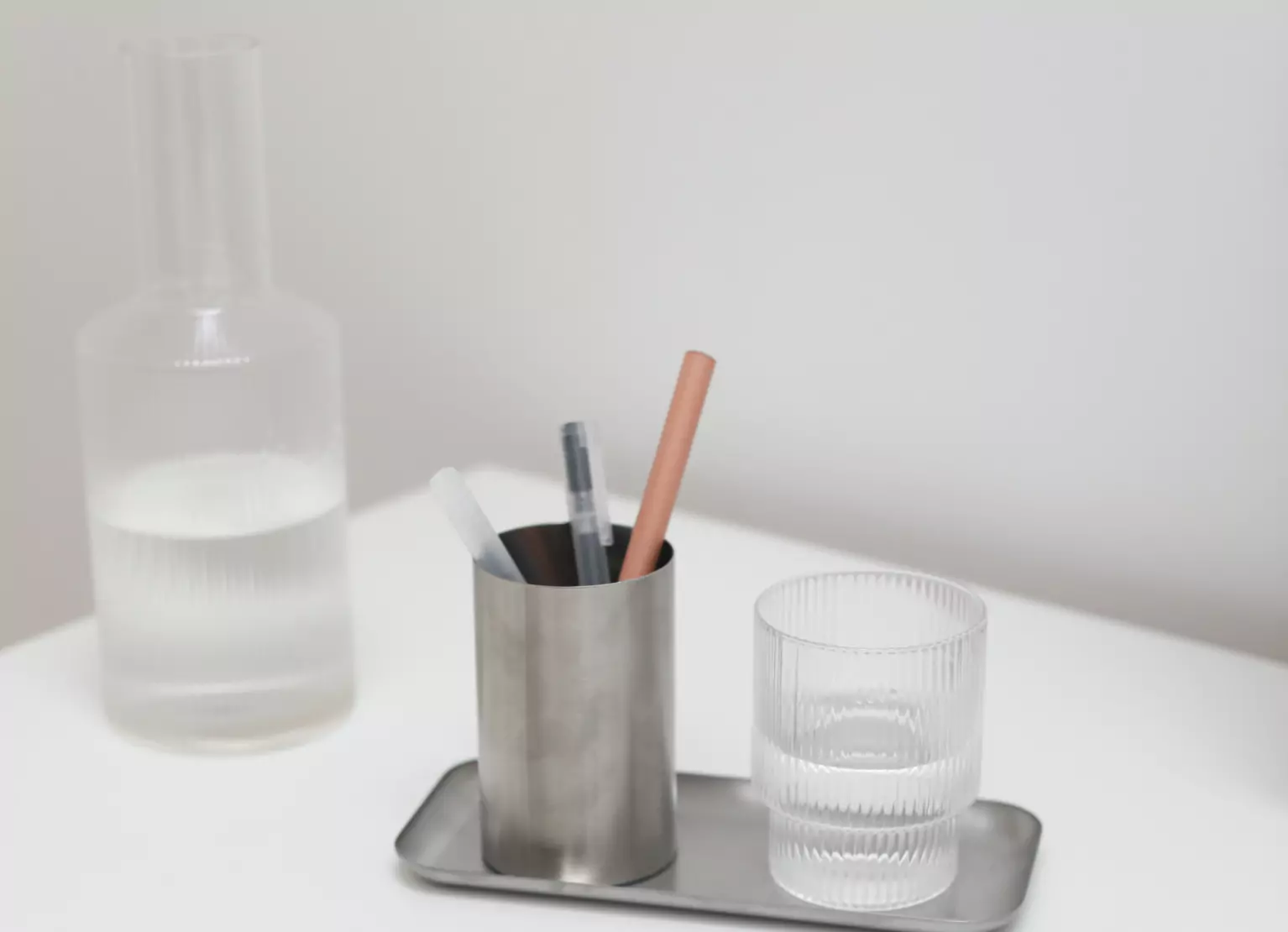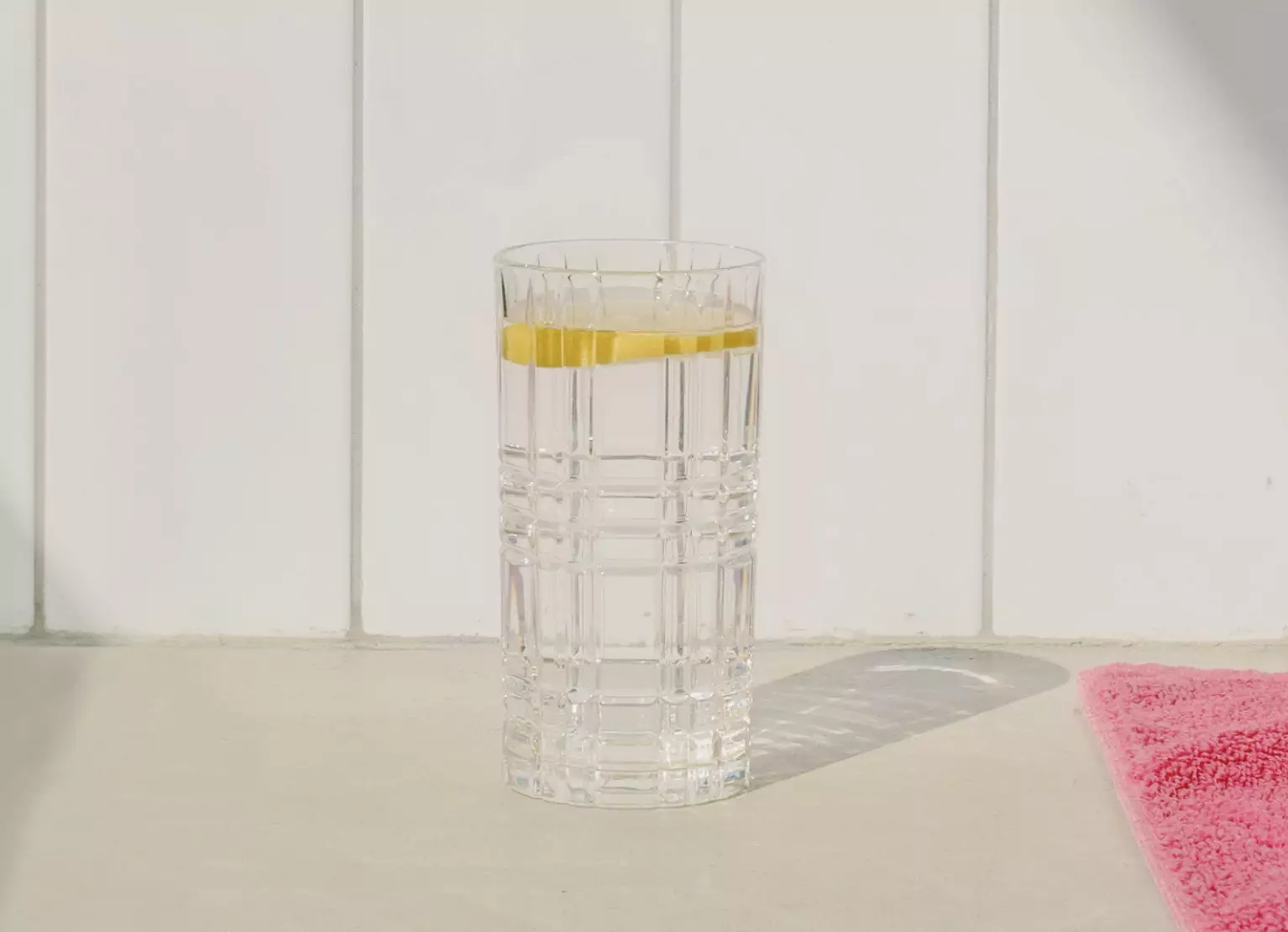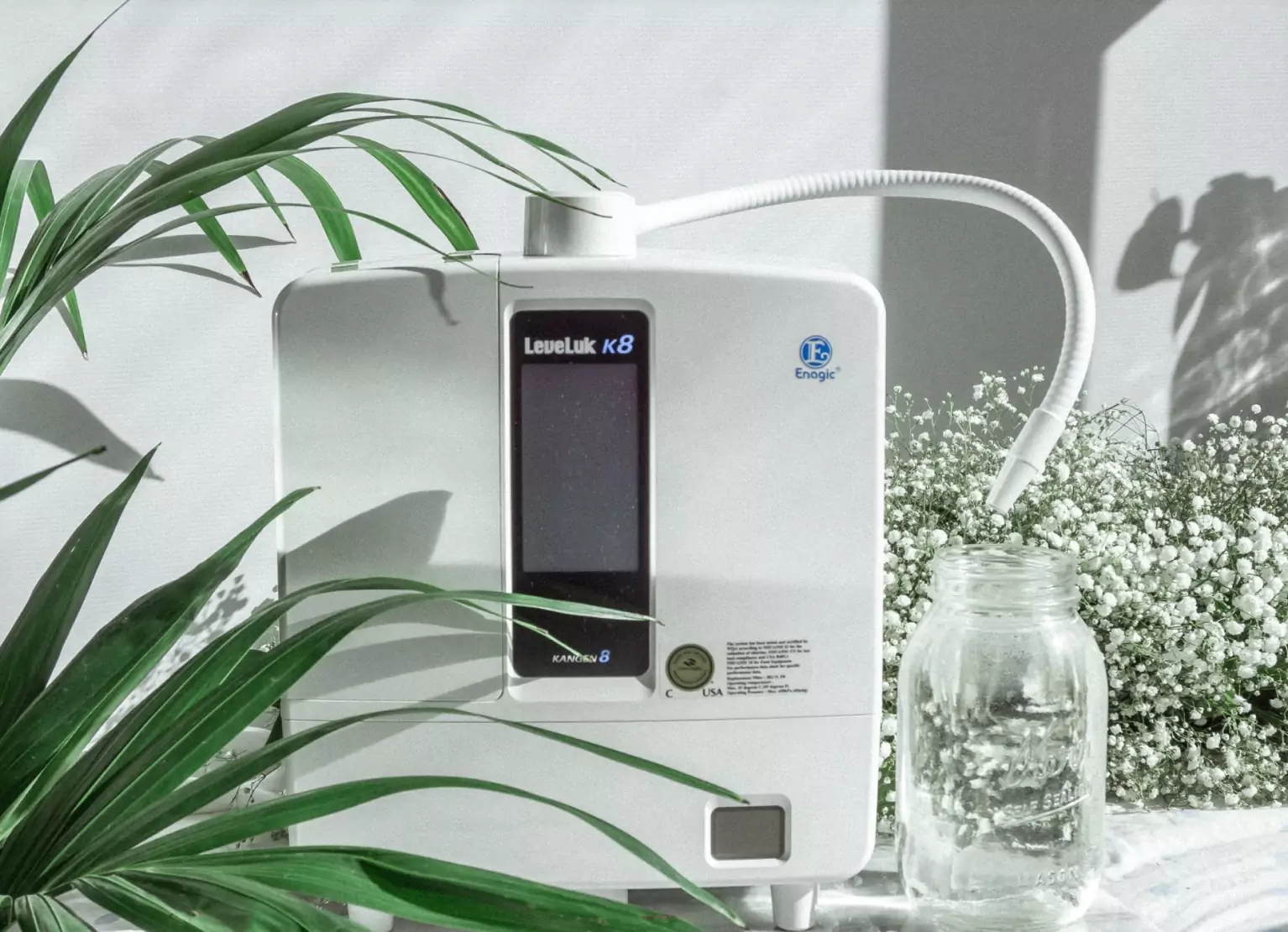Japanese Water Therapy for Weight Loss: Does it Work?

Key Takeaways
There are three essential elements required for human survival: oxygen, food, and water. Total body water (TBW) fluctuates with age. Premature newborns have an approximate normal value of 80 percent, term infants 70 to 75 percent, toddlers 65 to 70 percent, and after puberty, 60 percent.
Because fat has a lower water content than muscle, these values fluctuate with the amount of fat. As a result, persons with more fat have a lower TBW as a proportion of total body weight.
As an example, the TBW when a proportion of total body weight is lower in young adult females than in young adult males (50 vs. 60 percent) and decreases as obesity, or muscle mass decreases. So, it’s not surprising that you need proper hydration!

Recommendations for water consumption are typically eight to 10 glasses of water per day, each measuring 200 ml. But recent research and reviews suggest there may be more nuance to it than the 8x8 rule (based on an original recommendation by nutritionist Fredrick John Stare) suggests.
The CDC and U.S. Dietary Guidelines do not recommend a specific amount of water consumption per day. There's no one-size-fits-all for how much water is the best option, and some research suggests other drinks can help with hydration too. Still, drinking enough water is essential for good health.
Why Focus on Water

Water keeps us hydrated and healthy by flushing out the toxins from the body, even help with weight management. It may not burn calories on its own, but it can help improve metabolism and may increase energy levels.
People worldwide have their tricks and tips for using water for overall health and wellness—even for losing weight. After all, it can benefit gut health and stave off cravings to help you consume fewer calories. There’s no shortage of benefits.
Some suggest drinking hot water can help flush toxins out of your body and help with various health conditions, and some suggest starting your day with a glass of water. Others, like the Japanese, weave this idea into a form of therapy that claims to help with weight loss, energy levels, and detoxification.
But does any of this work? Can water therapy really help with weight loss? Read on to find out about Japanese water therapy and weight loss, learn about its potential side effects, and then scroll down to see how it all connects to the recent Kangen water craze.
What is Japanese Water Therapy?

As the name suggests, water therapy involves drinking several glasses of water at a specific time of the day. Japanese water therapy, specifically, is the practice of drinking six to seven glasses of warm water first thing in the morning, even before brushing and on an empty stomach.
This practice has to be done at least 45 minutes before breakfast. It sounds easy enough, but there’s a little more to it than that. For example, when you’re using the water therapy method, you’re advised to eat only for 15 minutes per meal and have a two-hour break between meals.
Some studies show that following this therapy for a prolonged period may help with some weight loss efforts and boost your digestive system. It also improves blood pressure, prevents constipation, and may even reduce the risk of type 2 diabetes for some.
It isn’t surprising because we already know that water can help with many health problems, from skin elasticity, the digestive system, gut health, the bloodstream, and weight loss.
Research also suggests some added benefits to drinking warm or hot water over cold water. Apart from flushing out toxins, it can also help with weight loss due to the thermogenic effect of water.
When ingested, warm water increases the body temperature, which may increase the rate of metabolism. When your metabolism increases, you burn calories faster and feel more energetic.
{{rich-text-cta-wl2="/style-guide"}}
How Does This Therapy Work?
Do people who consistently drink water in the morning have better skin, digestion, and overall health? Maybe. This therapy, sometimes called the Japanese water method, sounds like it should work because water is so healthy—what could go wrong? And if it claims to help your digestive system, cleanses your colon, and prevent constipation, why not try, right?
Let’s first look at how it’s supposed to work. You start your morning with the four to six glasses of warm water we mentioned, and you may see weight loss results. Some suggest you can add lime or lemon juice, rosemary, or cinnamon to your water to enhance its health benefits. However, while the group of water therapy with cinnamon linked above showed some more reduction of the waist to hip ratio than the control group, it’s important to keep in mind that the difference was not statistically significant.
The philosophy here is that you’re preparing your digestive system for the day, but you also have to avoid drinking or eating anything in between meals. Taking a two-hour break after each meal so that the digestive system gets enough time to process the food and transform it into energy, rather than storing it in the fat tissue, is also recommended.
Water can slow down digestion by diluting the digestive juices in the stomach. To avoid this, it’s believed to be best not to drink water half an hour before, during, or an hour after each meal.
The Potential Health Benefits of Japanese Water Therapy

Some of the most significant health benefits of water therapy may be that it encourages all the benefits water usually has on your body.
Staying hydrated and meeting your daily recommended water intake is important for a number of reasons. Your cells need hydration to help your organs function properly. Water can also reduce acidity and increase metabolism, promoting calorie burn and preventing the risk of kidney stones.
Our bodies also need to be sufficiently hydrated to ensure good sleep quality and to keep our mood stable. Not only that, but drinking adequate water can also help regulate your body temperature, keep your joints lubricated, prevent infections, and help your cells get the nutrients they need. Since water doesn’t have any calories, it’s also an excellent accompaniment to a calorie restriction diet, while also promoting weight loss. When you replace all other beverages with water, you automatically decrease your calorie intake.
The Potential Side Effects of Japanese Water Therapy

A key thing to note here is that Japanese water therapy isn’t supported by enough scientific research to back up all its claims. If you’re considering trying something like this, it’s best to consult with a health care provider before you do so.
For some, including people with chronic conditions or the elderly, drinking that much water can lead to specific side effects, including overhydration.
Overhydration can happen if you consume an excessive amount of water in a short time. If your kidneys cannot get rid of the water quickly enough, it can stay in your body and lower your blood salt levels (by diluting the salt). It can lead to nausea, vomiting, headaches, fatigue, irritability, and muscle spasms.
The level of water that leads to overhydration (or the risk of overhydration) can differ from person to person. Two glasses of water may be a better idea than four to six for some, and for others, it may be better to stick to just one.
Since recommendations on the amount of water can vary so much, the best thing to do is listen to your body—and consult a doctor.
Drinking too much water can also lead to rebound weight gain, especially if you’re not working with a credentialed dietitian or nutritionist. The 15-minute mealtime that Japanese water therapy encourages can helps drastically reduce your calorie intake.
But stopping the therapy can lead to spikes in the secretion of the hunger hormone, called ghrelin. If you end up hungry all the time, your calorie intake may eventually rise, potentially leading to weight gain.
A Note on Kangen Water®

You’ve likely heard of Kangen Water®. It’s not necessarily part of Japanese water therapy, but it often goes hand-in-hand.
Kangen Water® is actually a brand of alkaline water from Enagic and has been a popular type of water in Japan for decades. It uses special alkaline ionizers and water filtration machines and is said to provide the health benefits of alkaline drinking water.
Because it does not remove any minerals that are often lost in the process of purification, it also claims to be superior to tap and other purified water.
Remember, it’s best to consult with your doctor before trying anything on for size when it comes to any alternative treatment or therapy.
Working with a healthcare professional is the best way to avoid any side effects and health problems from health trends that may not suit your system.
Find the right Nutrisense programto turn insight into progress.
Go Beyond Glucose Data with Nutrisense
Your glucose can significantly impact how your body feels and functions. That’s why stable levels are an important factor in supporting overall wellbeing. But viewing glucose isn't enough. Nutrisense, you’ll be able to learn how to use your body's data to make informed lifestyle choices that support healthy living.
One-to-one coaching
Sign up to access insurance-covered video calls to work with a glucose expert: a personal registered dietitian or certified nutritionist who will help tailor your lifestyle and diet to your goals.
Monitor and measure what matters
With the Nutrisense CGM Program, you can monitor your glucose with health tech like glucose biosensors and continuous glucose monitor (CGM)s, and analyze the trends over time with the Nutrisense App. This will help you make the most informed choices about the foods you consume and their impact on your health.
Find your best fit
Ready to take the first step? Start with our quiz to find the right Nutrisense program to help you take control.

Carlee's training at Western Illinois University and an internship at the Memphis VA Hospital lead her to a career in outpatient counseling and bariatric nutrition therapy. In these positions, Carlee realized many of the disease states (upwards of 80%!) her patients experienced were actually preventable. She knew she had to dig deeper into preventative health and has since been passionate about helping people translate this complex glucose data into actionable changes anyone can implement into their everyday lives.




